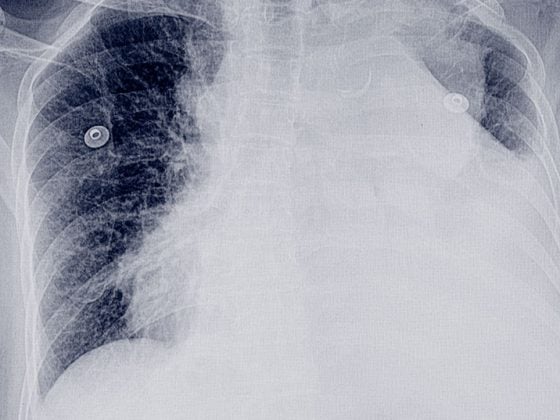For the treatment of immune thrombocytopenia (ITP), the use of thrombopoietin receptor agonists (TPO-RA) is currently under discussion. Although steroid administration as shock therapy is still the focus of therapy.
The blood count is the focus of interest for a hematologist. So far, so good. If patients are sent for oncologic workup by their primary care physician due to altered values, diagnostic workup is the first priority. In addition, however, one should not forget the fear with which the affected person sits in front of the attending physician. The sword of Damocles “leukemia” weighs heavily. Here it is important to perceive the patient in his situation, to educate him and, above all, to show him a perspective.
The view of the laboratory is by far not everything. The patient’s wishes should also be taken into account in the treatment decision. Prolonged use of steroids, for example, is rejected by a large proportion of ITP patients. In addition, the proportion of treatment failures in first-line treatment is very high. Therefore, the researchers discussed not only the contents of the current guidelines but also the previous use of thrombopoietin receptor agonists (TPO-RA). Can a stable remission be achieved in this way? As a shock therapy, steroid administration is still the focus of treatment. However, this should be significantly reduced or discontinued in the long term. As a second-line therapeutic, a TPO-RA can now be resorted to as early as six months. Early elevation of platelets to a safe range is of greatest importance.
Source:24th Congress of the European Hematology Association (EHA) 2019
InFo ONCOLOGY & HEMATOLOGY 2019; 7(4): 26 (published 9/20/19, ahead of print).











